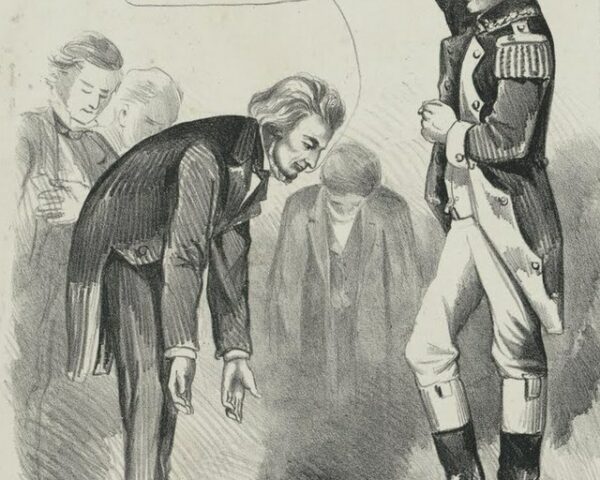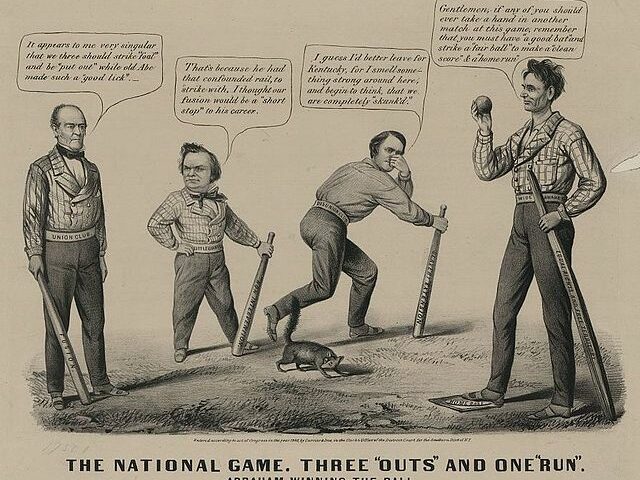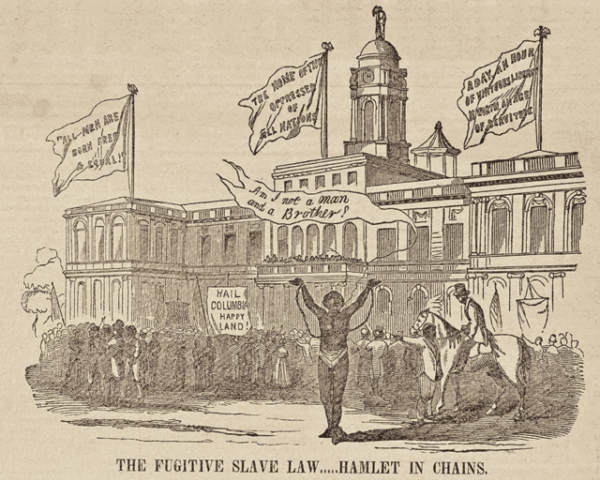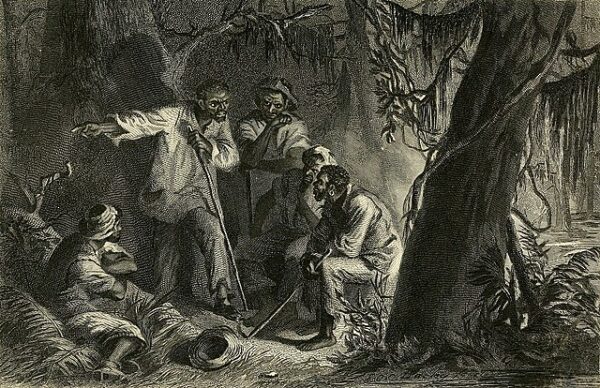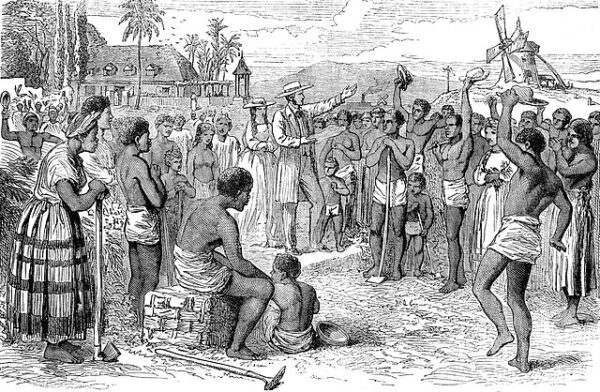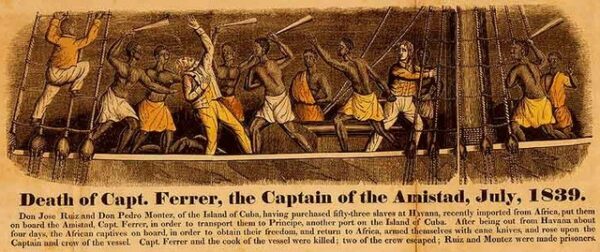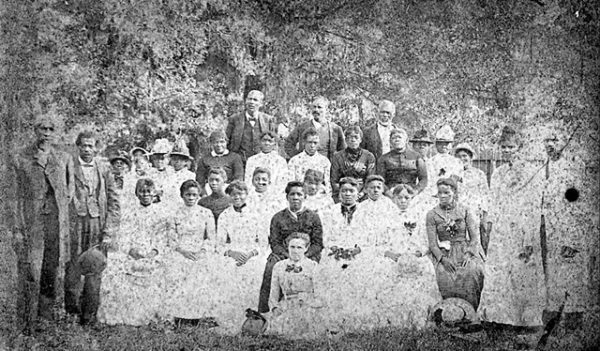On November 24, 1832, South Carolina’s state legislature took a dramatic and unprecedented step in American history by passing the Ordinance of Nullification. The ordinance declared that the federal Tariffs of 1828 and 1832 were unconstitutional and, therefore, null and void within the state’s…
Read MoreOn November 15, 1842, before dawn at Webbers Falls in the Cherokee Nation, a group of enslaved men, women, and children made a collective decision that would reverberate across Indian Territory. They locked their Cherokee owners in their homes, seized guns and ammunition, gathered…
Read MoreAbraham Lincoln’s election on November 6, 1860, signaled more than a partisan win; it signaled a stunning blow against the proslavery movement that had long held power over the United States. In a republic strained by the question of slavery’s expansion—an argument that had…
Read MoreOn September 18, 1850, the United States Congress passed and President Millard Fillmore signed into law the Fugitive Slave Act of 1850, one of the most divisive and consequential pieces of legislation in American history. As part of the Compromise of 1850—a fragile political…
Read MoreOn September 9, 1850, President Millard Fillmore staved off a potential civil war and stopped the spread of slavery in the United States by signing the Compromise of 1850. The compromise consisted of several legislative measures that were designed to balance the interests of…
Read MoreThe following is an adapted excerpt from The Slaveholding Crisis: Fear of Insurrection and the Coming of the Civil War, used with the author’s permission. On August 30, 1800, a storm likely changed the course of the United States forever when an enslaved blacksmith named…
Read MoreOn July 22, 1833, the British House of Commons passed the Slavery Abolition Act, marking a historic turning point in the British Empire’s long entanglement with slavery. Though imperfect and cautious in scope, the Act initiated the gradual dismantling of an institution that had…
Read MoreThe Northwest Ordinance, adopted on July 13, 1787, established a government for the Northwest Territory, outlined state admission process, ensured equality with the original thirteen states, protected civil liberties, and banned slavery in new territories. The Ordinance would play a major role in the…
Read MoreOn July 2, 1839, over 50 captives on a slave ship named La Amistad threw off their chains and seized control of the ship. Led by Joseph Cinqué, the Africans killed the ship’s captain and another crew member, demanding to be returned to Mendiland (now Sierra Leone).…
Read MoreJuneteenth, also known as Freedom Day or Emancipation Day, commemorates the emancipation of enslaved African Americans in the United States. The first Juneteenth was celebrated on June 19, 1865, marking a pivotal moment in American history and symbolizing the end of slavery in the…
Read More

